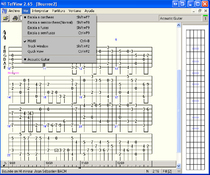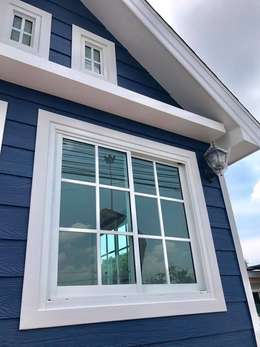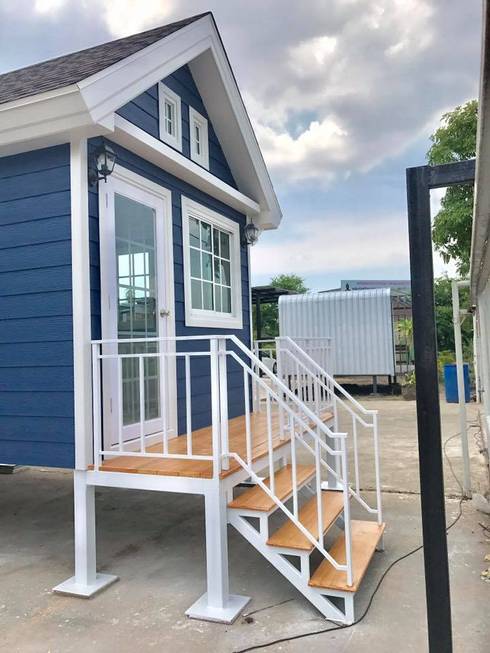

Also, the program will teach the patient to be a song-specific guitarist. If this program is used to motivate such patients, the therapist will run out of songs, because currently, there are only 2 discs with 25 hit songs. There are two problems with this: Sometimes clients are only seen for one session, however music therapists can work with a client for 2 years or longer.
#TABLEDIT 2.65 SOFTWARE#
However, the first of these software programs cannot be aimed at these particular patients because it only teaches guitar in the traditional form.
#TABLEDIT 2.65 FULL#
I have read several examples of therapists teaching patients to play the guitar, even though they were missing figures, have muscular impairments, or did not have full use of their hands. Kennedy (1998) investigated the effect of guitar lessons on adolescents and noted a large increase of self-esteem in the subjects. It proved to be the perfect distraction from the discomfort. The little girl was very intrigued, learned the names of the strings, and strummed the guitar even with a splint on her arm. She was in extreme discomfort during dressings until the therapists came and played guitar. Williams (2003)- case study with a 2 -year-old female burn victim. However, he really wanted to play guitar, so achievable tasks were made for him, and the chance to learn new skills was an incentive to pay attention during guitar sessions and during regular class time. Examples of Guitar Use in Therapy Hanser (1999) reported working with a 12-year-old boy attending a special needs school who would not attempt anything about which he doubted his success- he had a very low frustration level.Music played on the guitar (and the interest of watching someone play it) can be a very good distraction for patients, especially those who are hospitalized and children. Thus, it is common to let the patient try to play the guitar.the good sounds that will almost inevitably be produced can be very encouraging.

The timbre is soothing, and it is difficult to make the guitar sound bad. The guitar can be played before even speaking to client to establish a connection or to interest a patient who is withdrawn. The guitar, being portable, is easy for the therapist to take to any session to use with any client. Using guitar as motivation in therapy can help with pre-academic needs, such as concentration and incentive to complete a task.

Why Guitar is Important The guitar has been described as an indispensable tool to Music Therapy (Primadei 2004) and is the main instrument of choice for therapists and clients alike (Romanowski 2003).
#TABLEDIT 2.65 HOW TO#
The second helps individuals learn new songs on guitar by allowing therapists to communicate music to those who dont know how to read music.


 0 kommentar(er)
0 kommentar(er)
